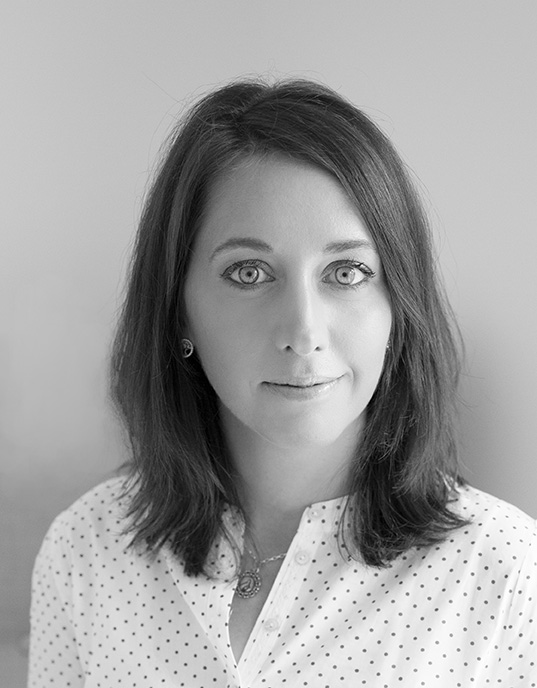Living as an expat in Brussels is one of the most exciting ways to experience life. Part of this excitement comes from the fact that 35% of Brussels’ population, roughly 400,000 people, are not Belgian citizens. Of these, 220,000 are considered expats—highly qualified, well-paid individuals working for international organizations. In this highly livable city, characterized by vast green spaces and a vibrant cultural scene, around 180 nationalities speaking over 100 languages mix.
Author: Szilvia Kecsmar
Most locals are friendly and helpful, often explaining that expats contribute significantly to their livelihoods. However, according to a study published in 2022, most expats live in a bubble, maintaining a distant and indifferent relationship with the locals. A great way to break out of this indifference is to participate in the municipal elections held every six years, which are open to all expats and foreigners living in Belgium. For the October 13, 2024 elections, 50,443 foreign nationals registered, of whom 41,251 are EU citizens.

We felt it was important to exercise this right and break as much as possible from the existing bubble, providing a safety net for international institution workers and their families. This safety net is crucial and immensely helpful when someone ventures abroad with their family. However, interaction with locals should not be limited to ordering a croissant in French at the café in the morning. This was first brought to our attention by the mayor of Etterbeek, who approached us at the Sunday market on Place Jourdan seven years ago. He was the first to ask if we enjoyed living there, what we would change, and if we would like to become part of the local community, even through our ideas. Expats make up 49% of Etterbeek’s population, renting property in the district, paying bills, sending their children to school and nursery, and using local services, even if they primarily socialize with other expats. In other words, their impact on the district is significant, even if many people hardly notice it. That’s why we voted in the elections six years ago and did so again yesterday, albeit in a different district.
As usual, we received dozens of leaflets in the two weeks leading up to the elections, each candidate enthusiastically promoting their election manifesto. Two of these stood out, not for political content but for other reasons. The first was a hand-addressed letter from one candidate, written in perfect Hungarian. As it turned out, the candidate had lived in Budapest for a year and wanted to use his language skills to address us personally. It may seem like a small thing, and of course, it is a campaign gimmick, but this gesture honored us, not because we couldn’t understand his message in French. The candidate stepped out of his bubble, encouraging us to do the same and open up to dialogue, including by going to the polls. Another candidate’s letter addressed me exclusively as a woman, emphasizing the growing importance of women in shaping our society as an increasingly influential voting group.
Expats significantly impact Brussels and the lives of locals, shaping and enriching the city. At the same time, this impact is reciprocal. Expats will never be the same in their lives in Brussels, even if they move back home years later. What would it take to blur the boundaries of the bubbles between locals and expats and create natural communities, at least at the local level, despite or perhaps because of cultural differences?
Cover photo credit: Envato
The article was made possible by Prosum Foundation, with the support of an Atlas Network grant, within the framework of the Re:Hungary project.

Szilvia Kecsmar is a writer, journalist, and media informatics specialist, serving as the editor-in-chief of CEA Magazine.



